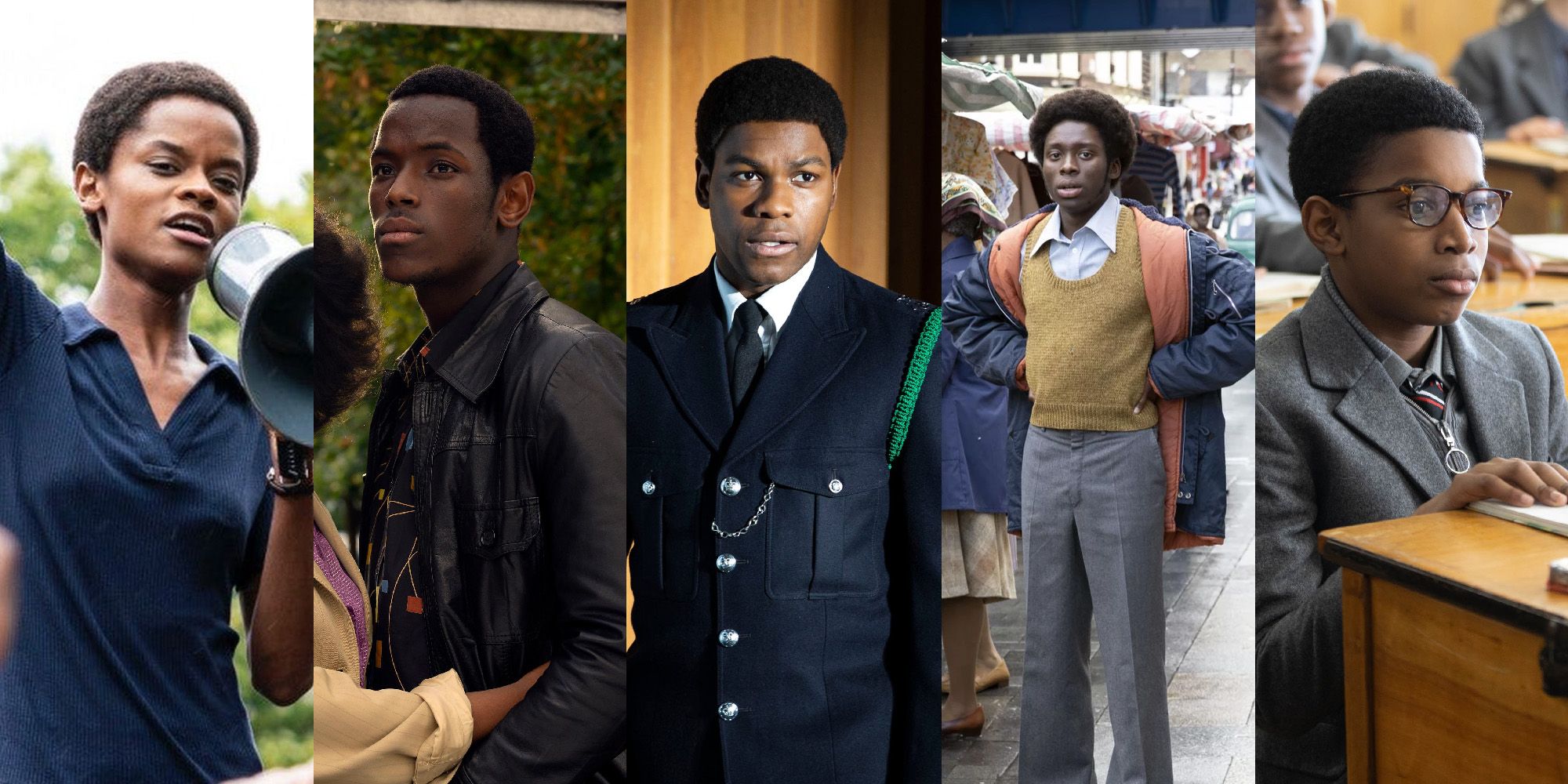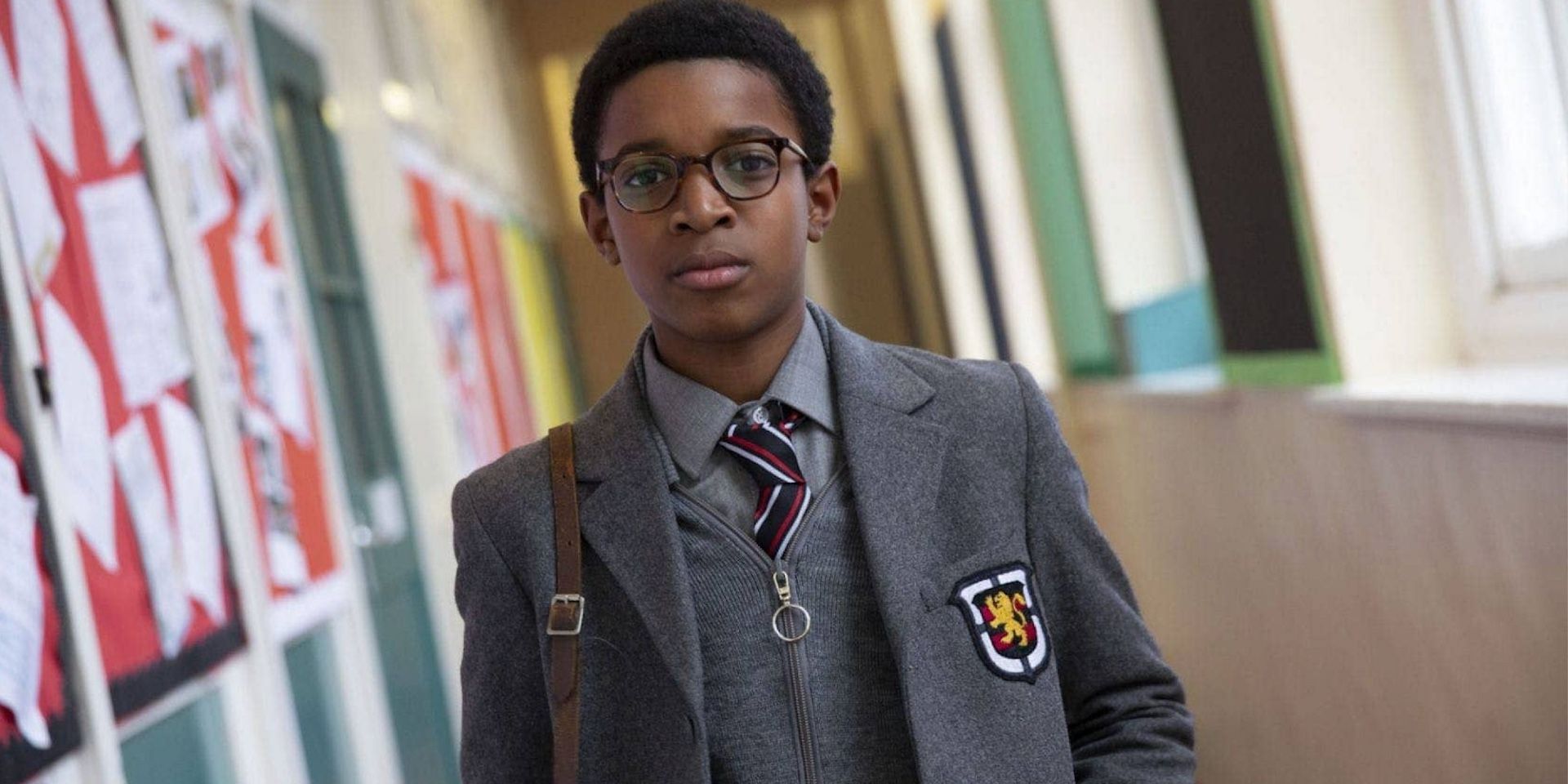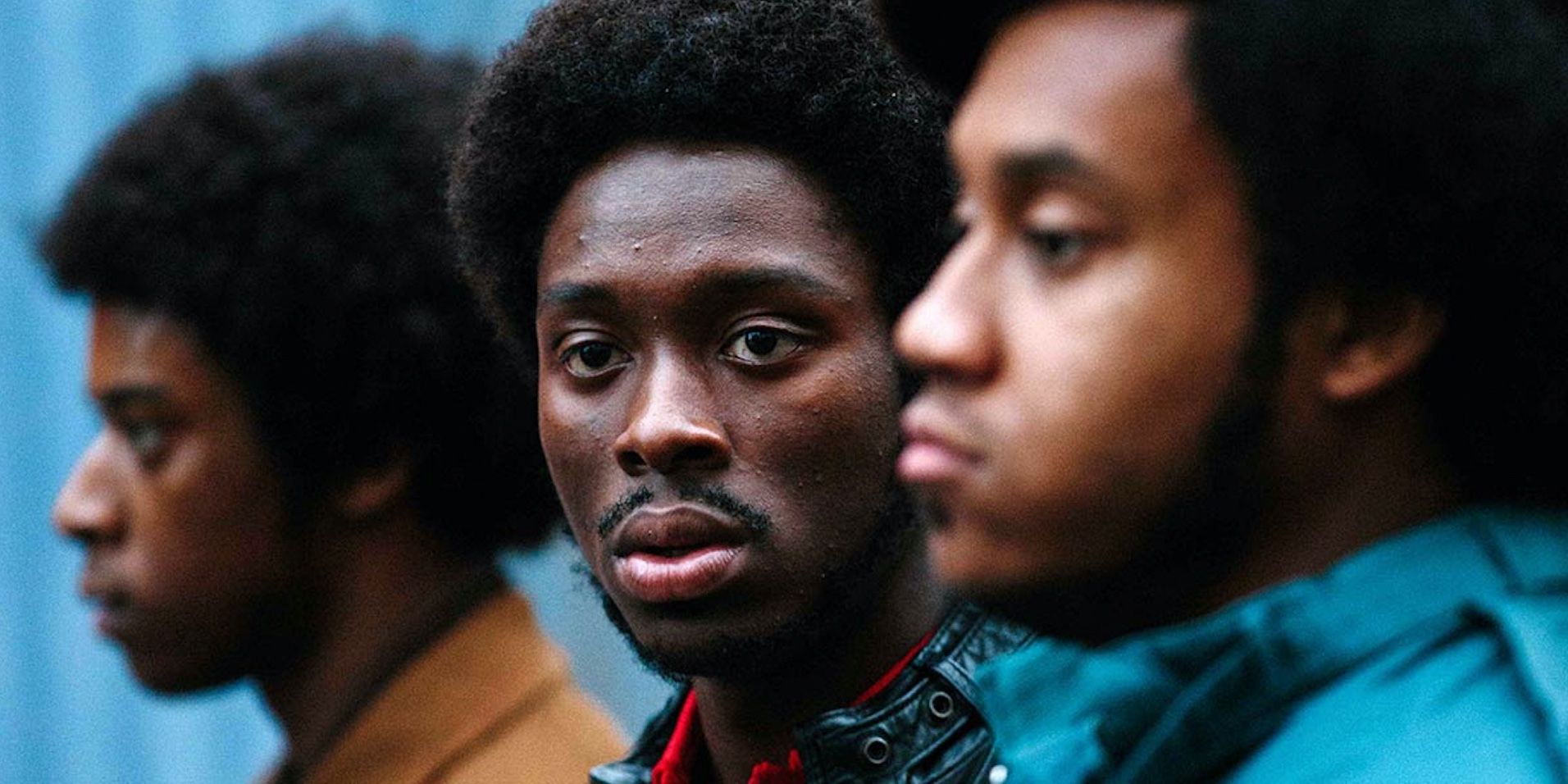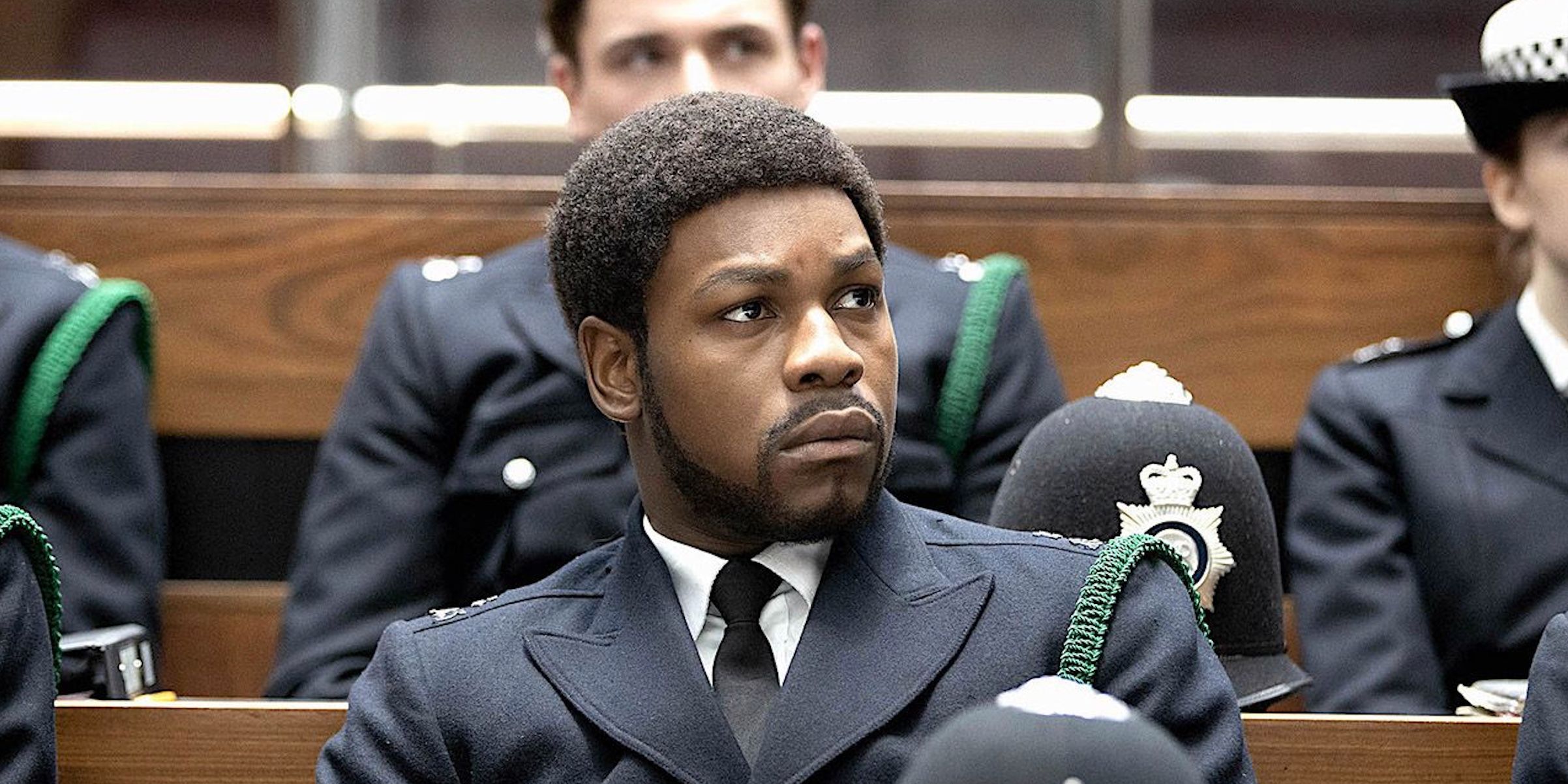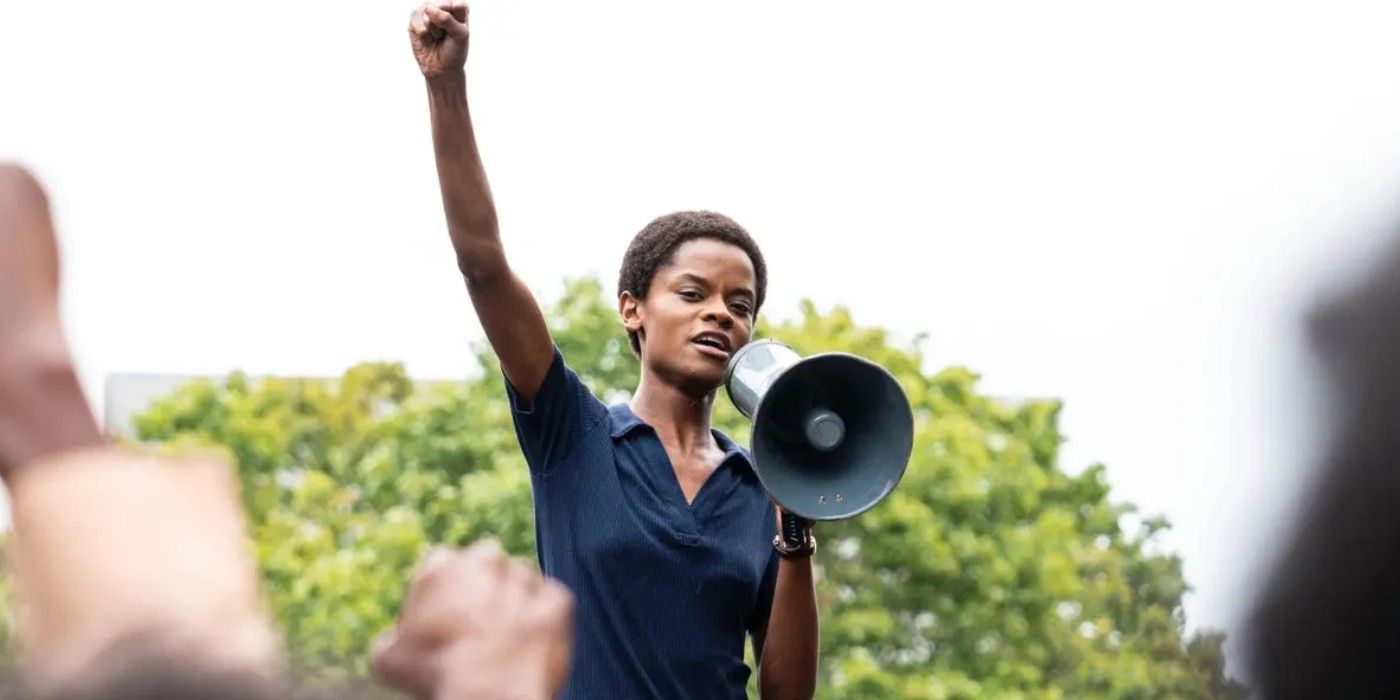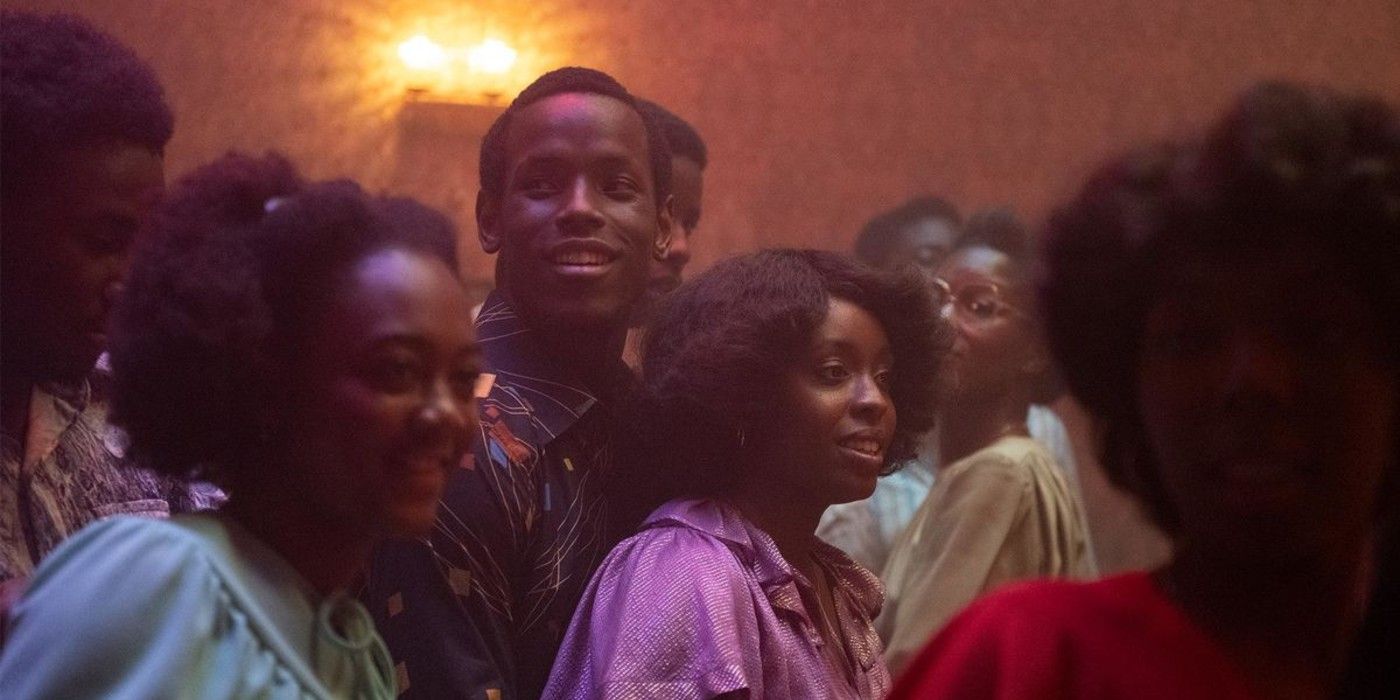The Small Axe miniseries on Amazon Prime consists of five critically-acclaimed episodes, so which ones are the best (and why)? British filmmaker Steve McQueen directed each installment, with Alastair Siddons and Courttia Newland serving as his co-writers. As a whole, Small Axe focuses on the experiences of West Indian people who emigrated to England during the '60s and '70s.
McQueen tells visceral tales about the human condition. The 2008 drama Hunger stars Michael Fassbender as Bobby Sands, a real-life member of the Provisional Irish Republican who led a 1981 hunger strike in jail, while the 2011 film Shame (also starring Fassbender) focuses on a man's sexual addiction and personal decline. In pop culture, Steve McQueen is best known for writing and directing 12 Years a Slave, a 2013 adaption of the eponymous 1853 slave memoir by Solomon Northup. Most recently, McQueen wrote and directed the 2018 crime thriller Widows.
Each of the Small Axe episodes displays McQueen's extraordinary writing/filmmaking abilities, and will naturally resonate differently with streamers. For example, some viewers may find the most value in the depiction of cultural nuances, whereas others may favor the powerful stories over the technical aspects of the productions. For the purpose of this list, we're assessing the overall filmmaking and why certain episodes have been more well-received than others. Here's our ranking of each installment in the Small Axe miniseries on Amazon Prime.
5. Education
As the fifth and final Small Axe episode, Education closes out the Amazon Prime miniseries with a message of hope. Kenyah Sandy stars as Kingsley Smith, an adolescent who dreams of being an astronaut like Neil Armstrong. Unfortunately, he's removed from his school due to a low IQ, and sent to a new institution that doesn't provide a meaningful education. The thematic focus centers on the implication that West Indian students somehow lower the educational standards in England, and so various adults rally together for informal discussions about topics that aren't necessarily taught at the local schools.
Education features one of the most heartbreaking sequences in McQueen's miniseries, as Kingsley sobs after struggling to read for his mother. It's a memorable moment, one that underlines the empathetic nature of the film. However, the episode as a whole isn't necessarily cinematically dazzling, aside from some introspective scenes that feature little dialogue. There's a science fiction element that bookends the narrative, but the storyline mostly locks into the titular concept and explains why the system is designed for Kingsley to fail, at least if he doesn't receive the appropriate assistance from people who genuinely want to help. Overall, McQueen fully succeeds with his narrative execution in Education, and there are several book references that will appeal to curious streamers.
4. Alex Wheatle
Alex Wheatle won't be as popular as Education in the long run, but its filmmaking is more inventive and centers on real events from the early '80s. Sheyi Cole portrays the title character, who begins the narrative in jail and subsequently reflects on his experiences as an immigrant in the Brixton region of London. Alex Wheatle is essentially a character study about a man's evolution from a timid observer into a passionate and active participant in local protests, most notably after the 1981 New Cross massacre, in which 13 Black youths died in a mysterious house fire.
With Alex Wheatle, McQueen incorporates a heavy dose of music to compliment the main character's creative interests, yet there are several quiet moments that require patience from the audience. Early on, the camera lingers on Alex for several seconds as he lies face-down on a floor, and there's a brilliant point-of-view sequence that's part of a recurring visual motif in the miniseries. For example, McQueen often captures the perspectives of his characters by shooting behind them. In Alex Wheatle, an alleyway police sequence highlights the looming presence of police in the protagonist's day-to-day existence, and it also marks the moment when Cole's character stops observing and begins to assert himself more. Moments later, McQueen underlines Alex's increased confidence when he tells the police to "f**k off," and the director then uses a slo-mo shot to reinforce the power dynamics, with the protagonist paying the price for his actions. The final act of the Amazon Prime episode serves as a thematic primer for Education, as Alex comes to the realization, in jail, that his life can indeed change for the better if he thinks outside the box and transfers his energy into creative pursuits.
3. Red, White and Blue
Red, White and Blue feels like the most organic episode of the Small Axe group. There's a sense of rhythm in John Boyega's lead performance as Leroy Logan (the real-life founder of the Black Police Association), and the soundtrack essentially functions as a supporting character. The storyline follows the protagonist's career change from a scientist to a cop, along with continued attempts to connect with his West Indian father who has been harassed by the police.
As a technical piece of filmmaking, McQueen's Red, White and Blue is especially impressive. There's a sense of familiarity when Billy Joel's "Uptown Girl" plays at a food stand sequence, but the Americana subtext quickly disappears through a looming sense of dread when Leroy's father, Steve (Steve Toussaint), prepares for a confrontation with London's finest. Later on, McQueen incorporates Al Green's "How Can You Mend a Broken Heart" into a fascinating car sequence that both captures the bond between father and son, and also positions the viewer as a back seat observer during a pivotal narrative moment. As Leroy, John Boyega arguably delivers the best Small Axe performance on Amazon Prime, evidenced by his ability to convey all the conflicted emotions of a Black man who is simply following his heart and trying to positively impact his community.
2. Mangrove
With its 128-minute runtime, Mangrove is the most cinematic Small Axe production. MCU star Letitia Wright headlines a spectacular ensemble cast as Altheia Jones-LeCointe, a member of the British Black Panthers who protests the Notting Hill police department's continued harassment of the West Indian community, specifically those congregated at the titular restaurant. The first half of Mangrove establishes a sense of culture and character camaraderie, while the second part plays out like a procedural that informs audiences about the specifics of The Mangrove Nine trial that took place in 1970.
McQueen establishes a specific tone for Small Axe with Mangrove. It's both educational and inspirational, but also an entertaining legal drama with outstanding performances across the board. The ensemble cast is crucial, as Mangrove focuses on a specific West Indian community but still feels like a universal tale by exploring the stories of various characters. In this Small Axe gem, The Mangrove Nine want respect and justice, but they also want to be heard and understood as individuals. McQueen's character dialogue (written with the aforementioned Siddons) allows for explosive courtroom moments, and the structure of the script consistently accentuates the unfortunate normalization of institutional racism. If Red, White, and Blue is the most polished Small Axe production on Amazon Prime, then Mangrove is the most powerful.
1. Lovers Rock
Lovers Rock is immensely endearing. With this exhilarating Small Axe episode, McQueen manages to capture all the cultural insecurities of the COVID-19 present through a 1980s house party in West London. At its core, though, the 68-minute production is fundamentally about a West Indian community coming together and living in the moment, with the main plot focusing on the blossoming romance between Franklin Cooper (Micheal Ward) and Martha Trenton (Amarah-Jae St. Aubyn).
With Lovers Rock, McQueen takes a break from heavy drama and celebrates the power of music. There's plenty of character conflict in the primary house setting, with the beauty being that everyone is working out their issues in real-time, face to face, while grooving to some infectious reggae music. Regardless of how Lovers Rock is specifically interpreted, it's an immersive experience that will undoubtedly feel more impactful with the lights off and the volume up. In what's arguably one of the best sequences of 2020, the party guests not only rock out to Kay's "Silly Games," but also collectively sing a cappella together when the music stops. The Small Axe moment works beautifully as a cultural commentary, but also as a timely reminder about the importance of personal connections during difficult times.

